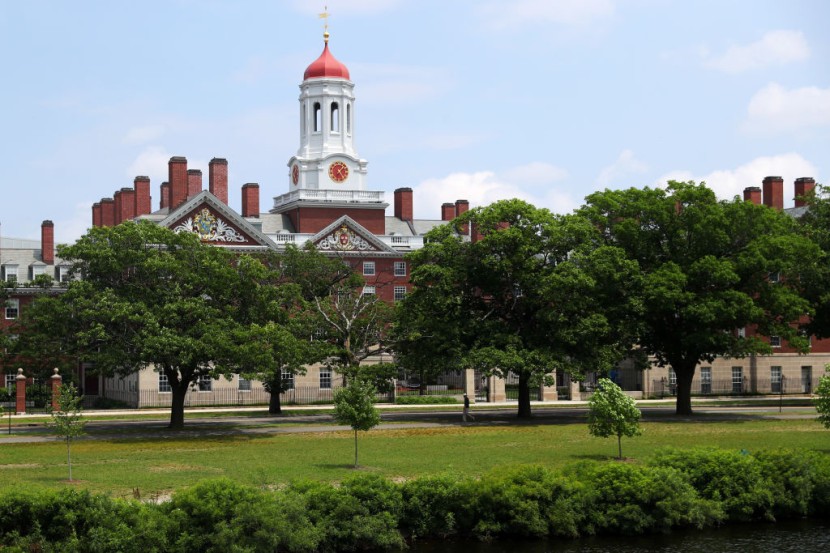
Harvard University has pledged to set aside $100 million for an endowment fund that will be used as reparations for the victims of slavery after a report found that the educational institution benefited from the vile act.
The fund is designed to be used with other measures to close the educational, social, and economic gaps that are legacies of slavery and racism. The announcement was made by the university's president in an email that was sent to all students, faculty, and staff on Tuesday.
Harvard's History of Slavery
Harvard President Lawrence Bacow sent the email and included a link to a 100-page report that was conducted by the institution's 14-member Committee on Harvard and the Legacy of Slavery. Legal historian and constitutional law expert Tomiko Brown-Nagin who is the dean of Harvard's interdisciplinary Radcliffe Institute for Advanced Study chaired the panel.
The university's decision to set aside the massive $100 million fund for reparations comes amid a wider conversation regarding the impacts of centuries of slavery, discrimination, and racism in the United States. Many people have also called for financial reparations or other measures to compensate victims and their kin, as per Reuters.
While the report did not provide evidence that suggested the university itself owned slaves, it noted that prominent members of the Harvard community did. Furthermore, it was found that some of the enslaved individuals worked within the walls of the educational institution, serving and feeding generations of Harvard students.
The committee also said that major early donations to the university came from men who built their wealth with slavery. In the first half of the 19th century, more than one-third of the funds donated or promised to Harvard came from five men who primarily benefitted from slavery or slave-produced commodities to amass their wealth.
According to the Boston Globe, the report also noted that professorships and campus buildings still bore the names of men involved in slavery and discrimination. An undergraduate dorm, Mather House, is named after Increase Mather, who was a former president of the institution in the 17th century and enslaved at least one person.
Reparations for the Vile Act
The institution was also home to intellectuals who promoted "race science" and eugenics in the 19th and 20th centuries. Their theories and research, one of which was a collection of photographs of enslaved people and nude students, gave critical support to people who wanted to justify white supremacy and other racist ideologies at the time.
The university's museum also has human remains believed to be from Indigenous people and enslaved people of African descent. Bacow said in a statement that many who read the details of the report will find it "disturbing and even shocking."
The Harvard president said that the institution benefited from and argued that it in some ways perpetuated practices that were profoundly immoral. He added that the current generation bore a moral responsibility to do what is possible to address the persistent corrosive effects of such historical practices on individuals, on Harvard, and on our society, the Washington Post reported.
Related Article:
© 2026 HNGN, All rights reserved. Do not reproduce without permission.








